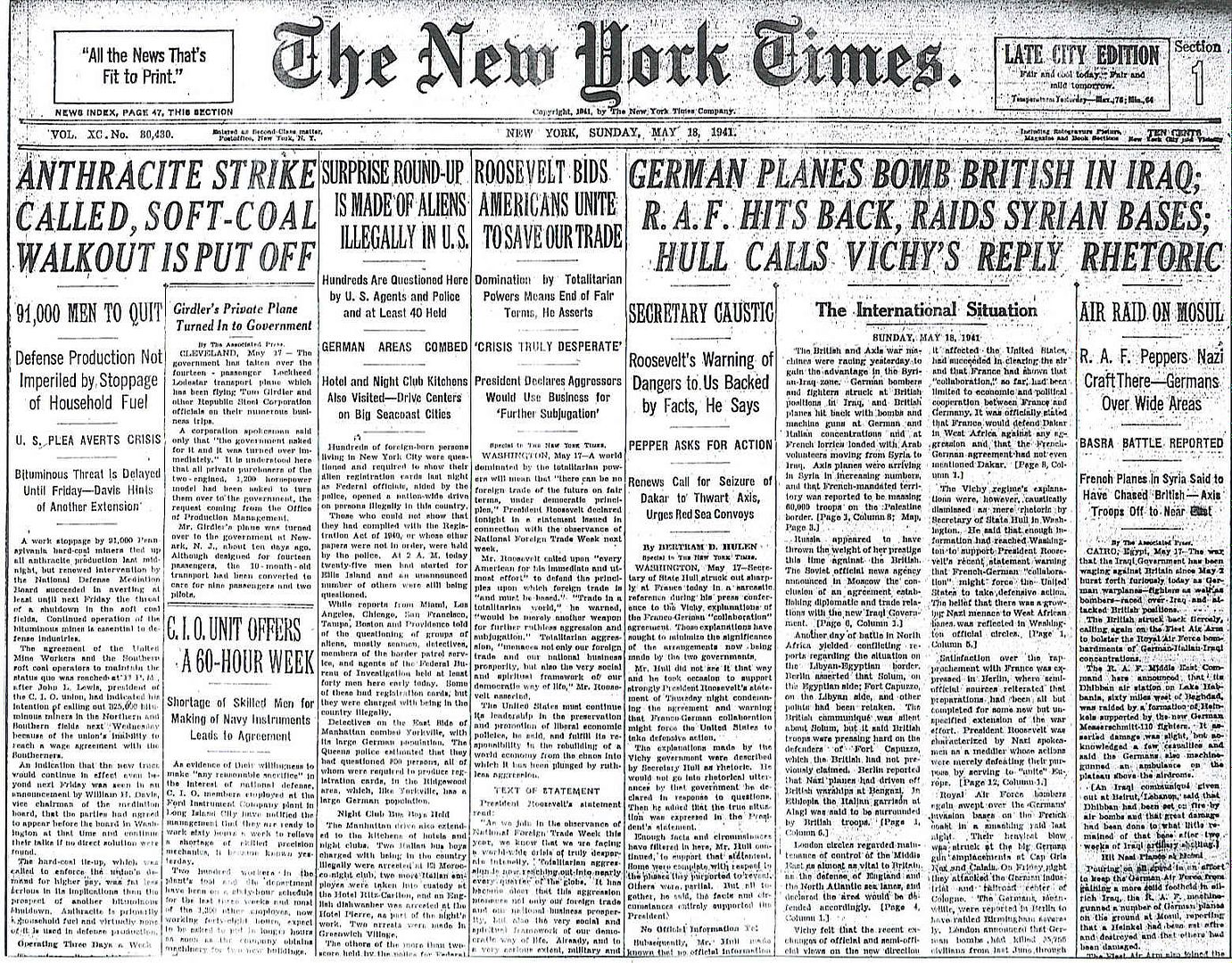
Posted on 05/18/2011 4:54:01 AM PDT by Homer_J_Simpson

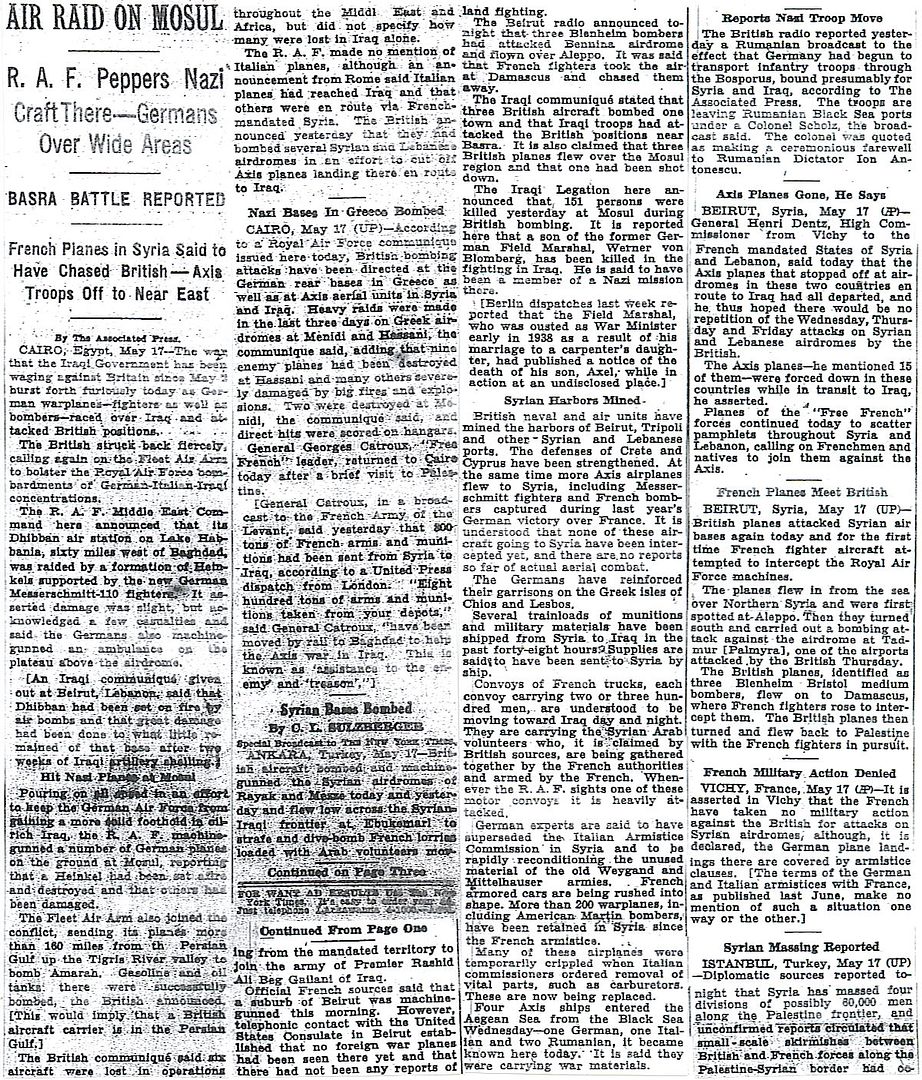
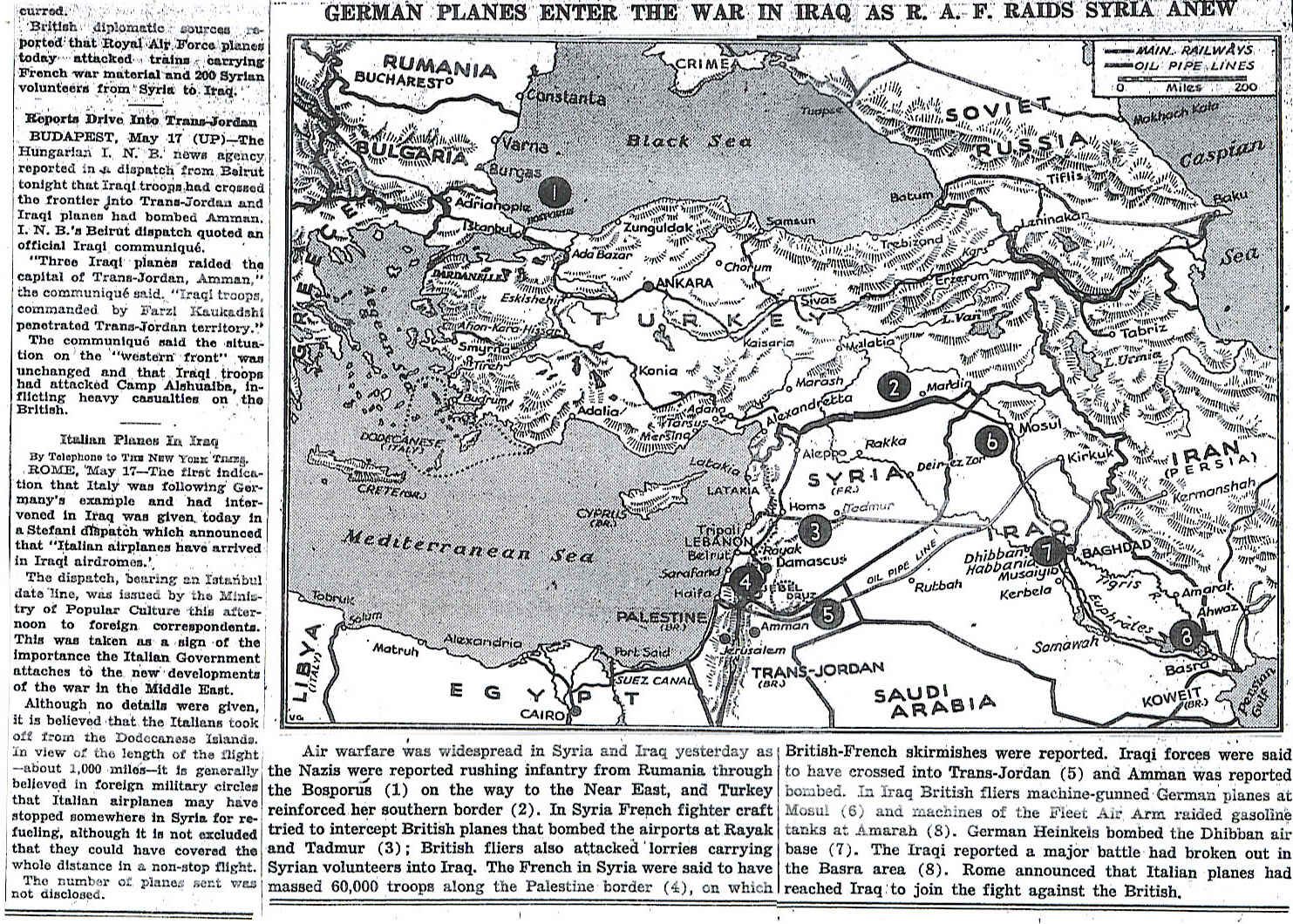
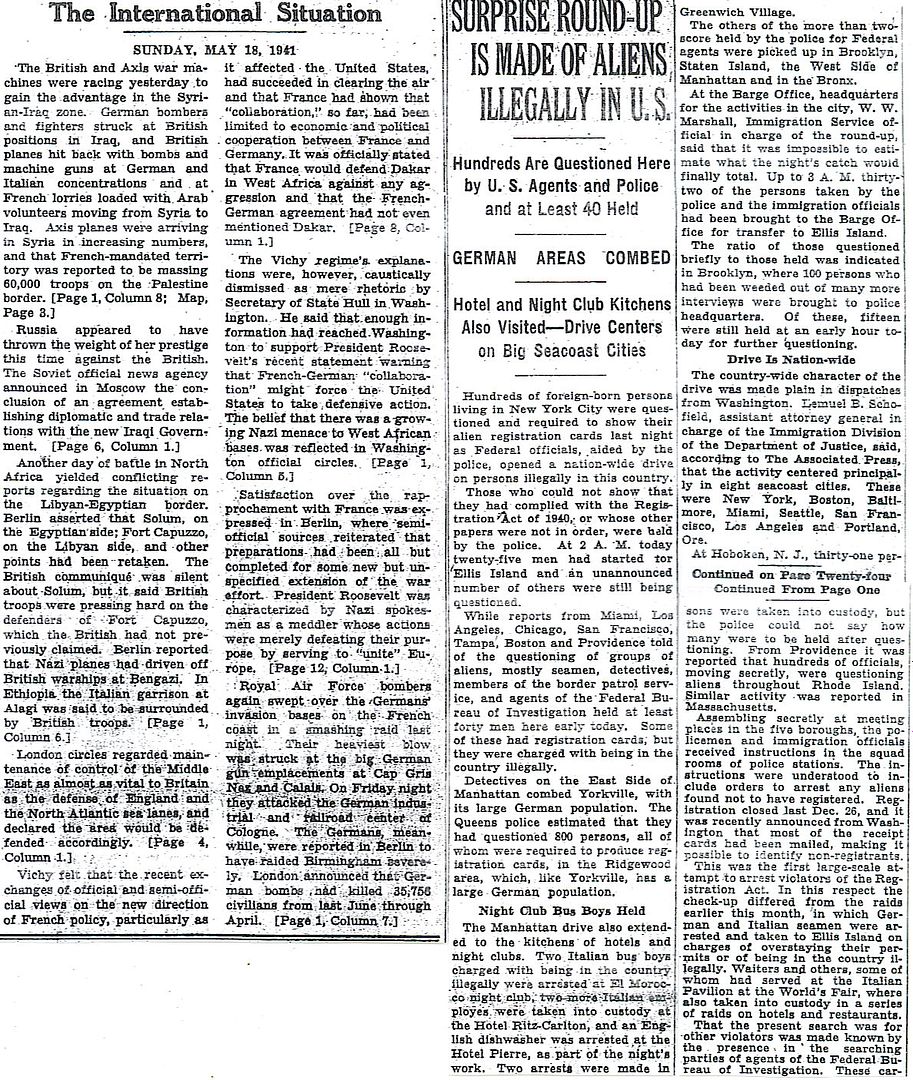
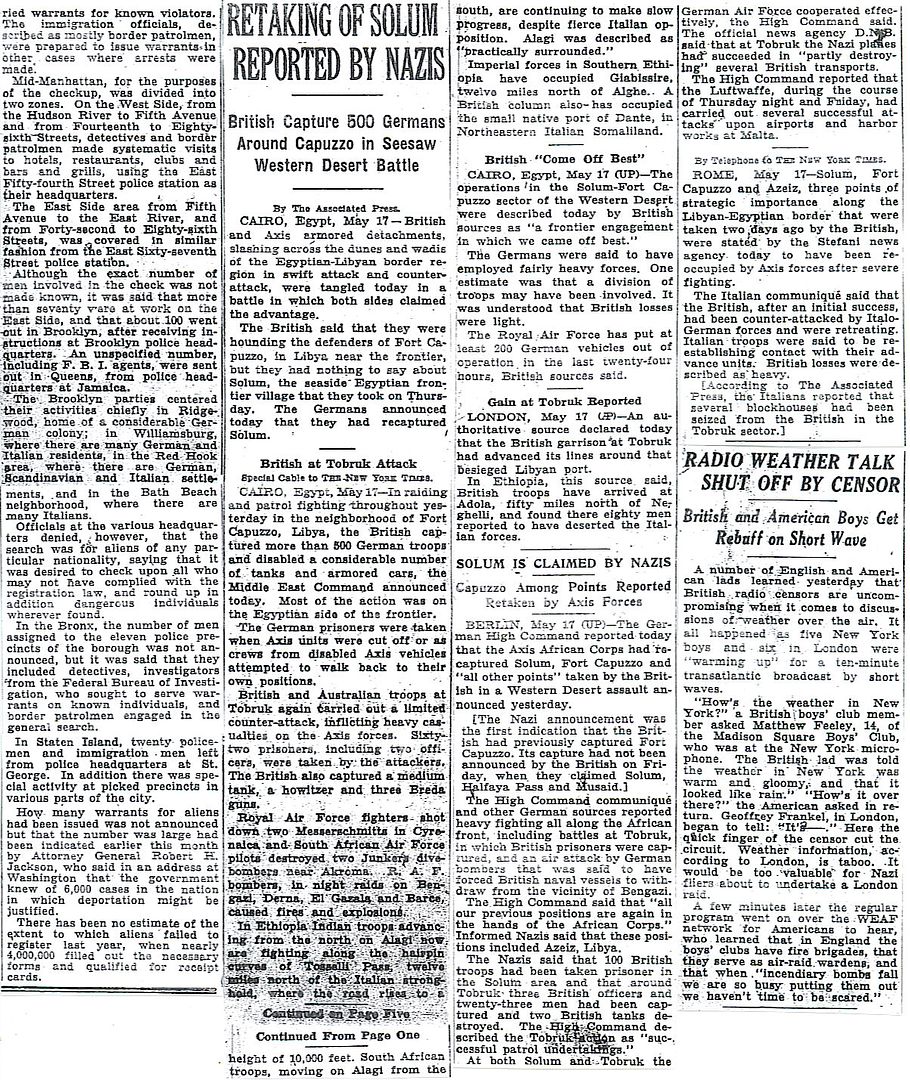
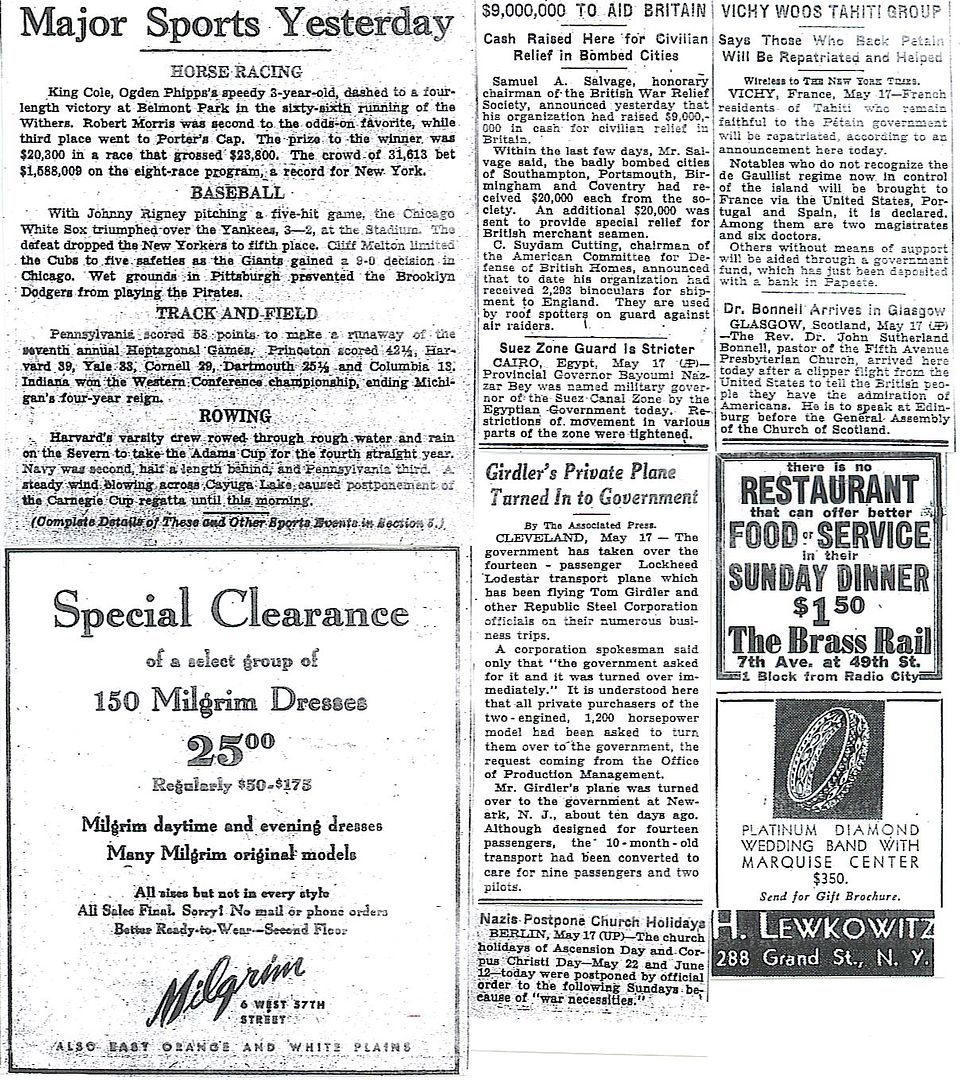
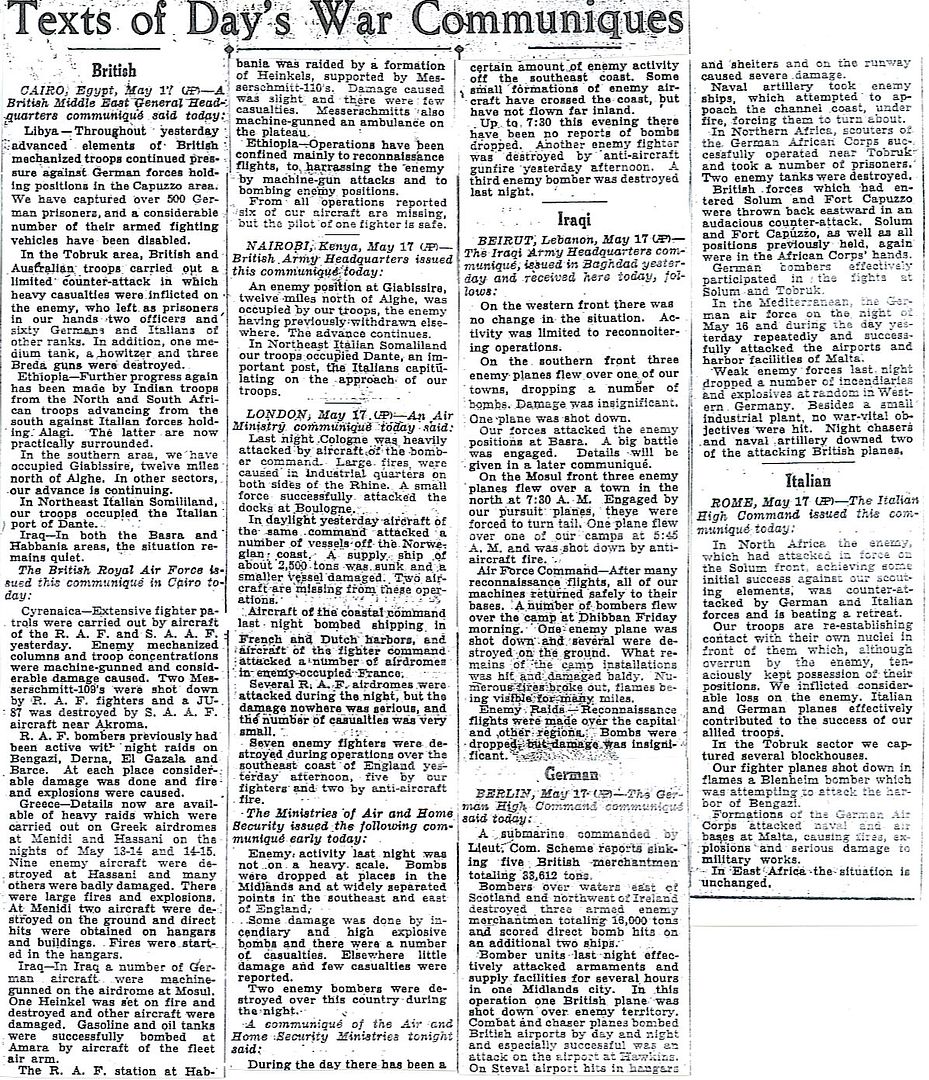
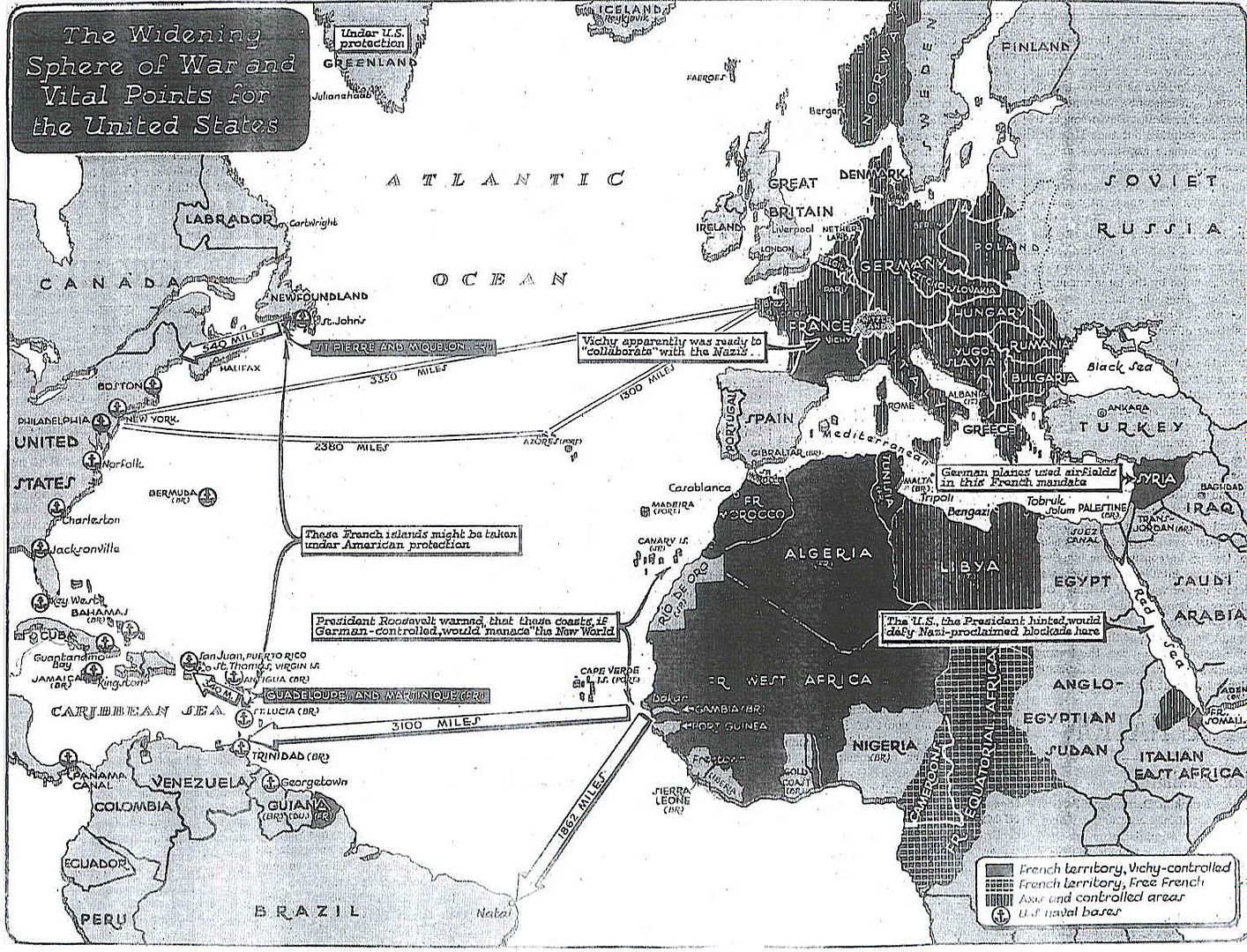
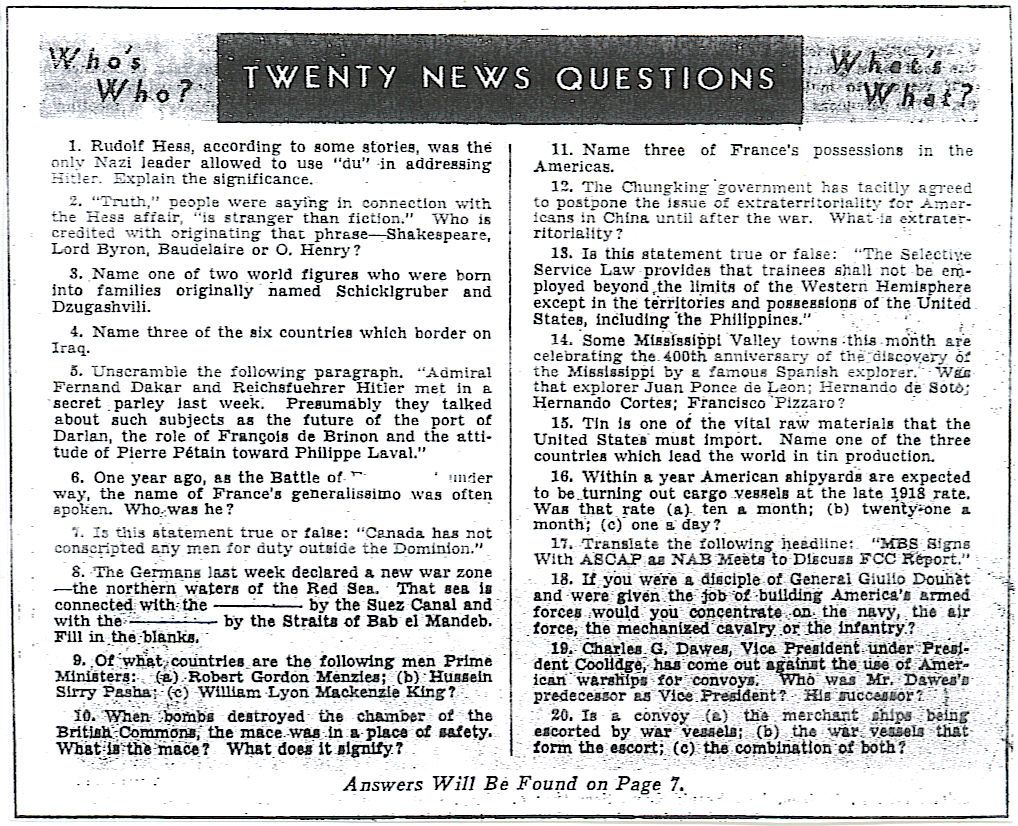
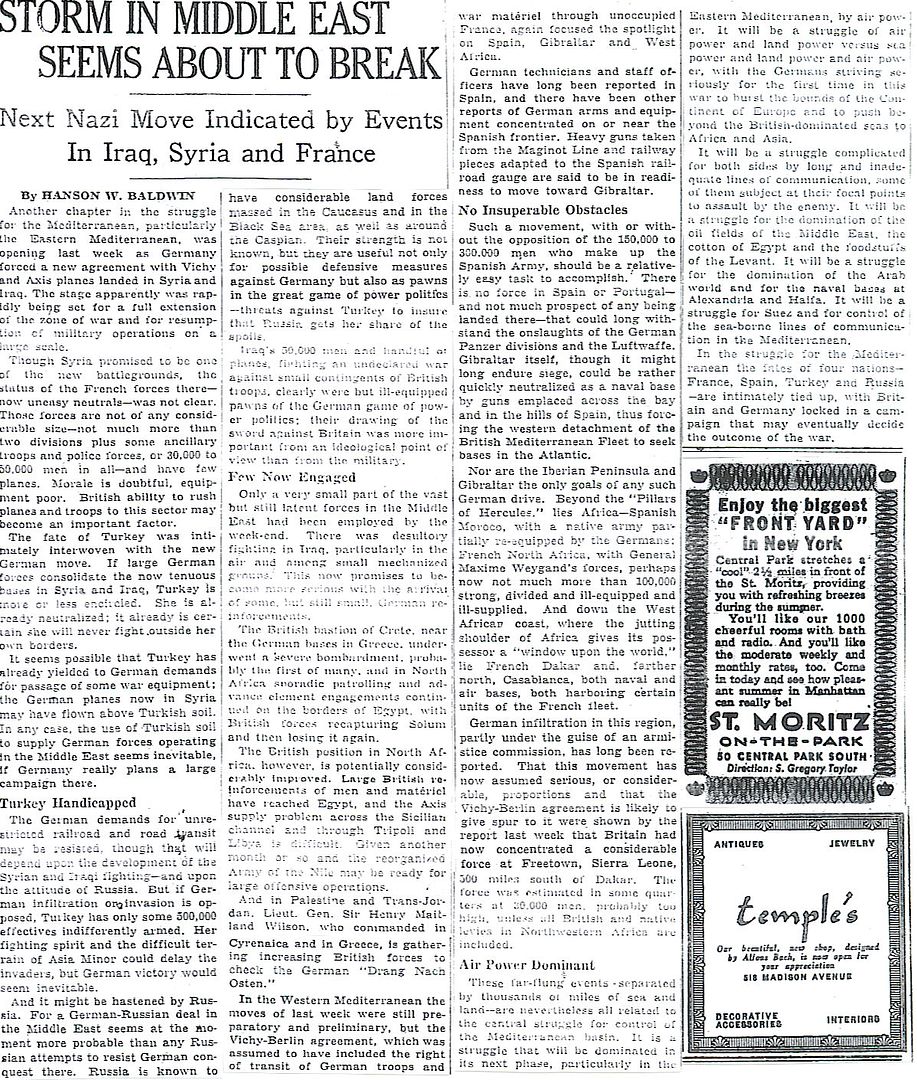
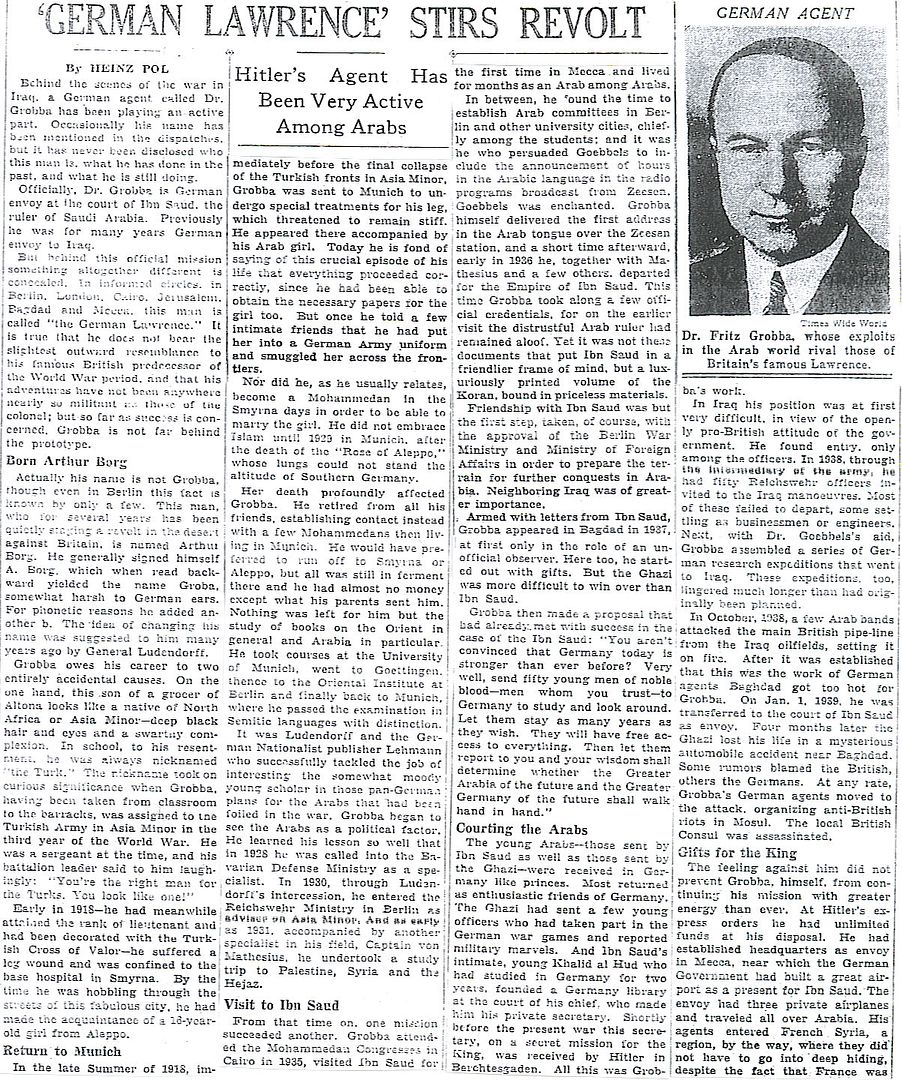
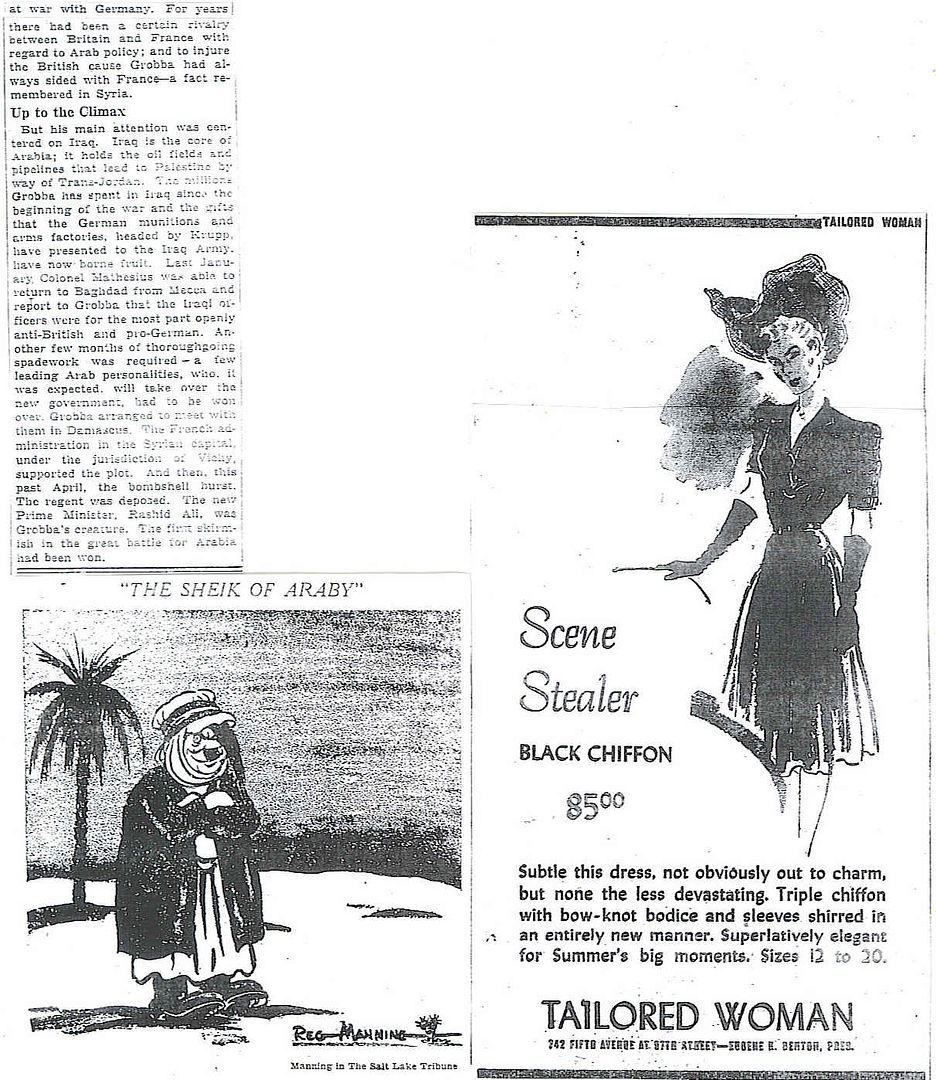
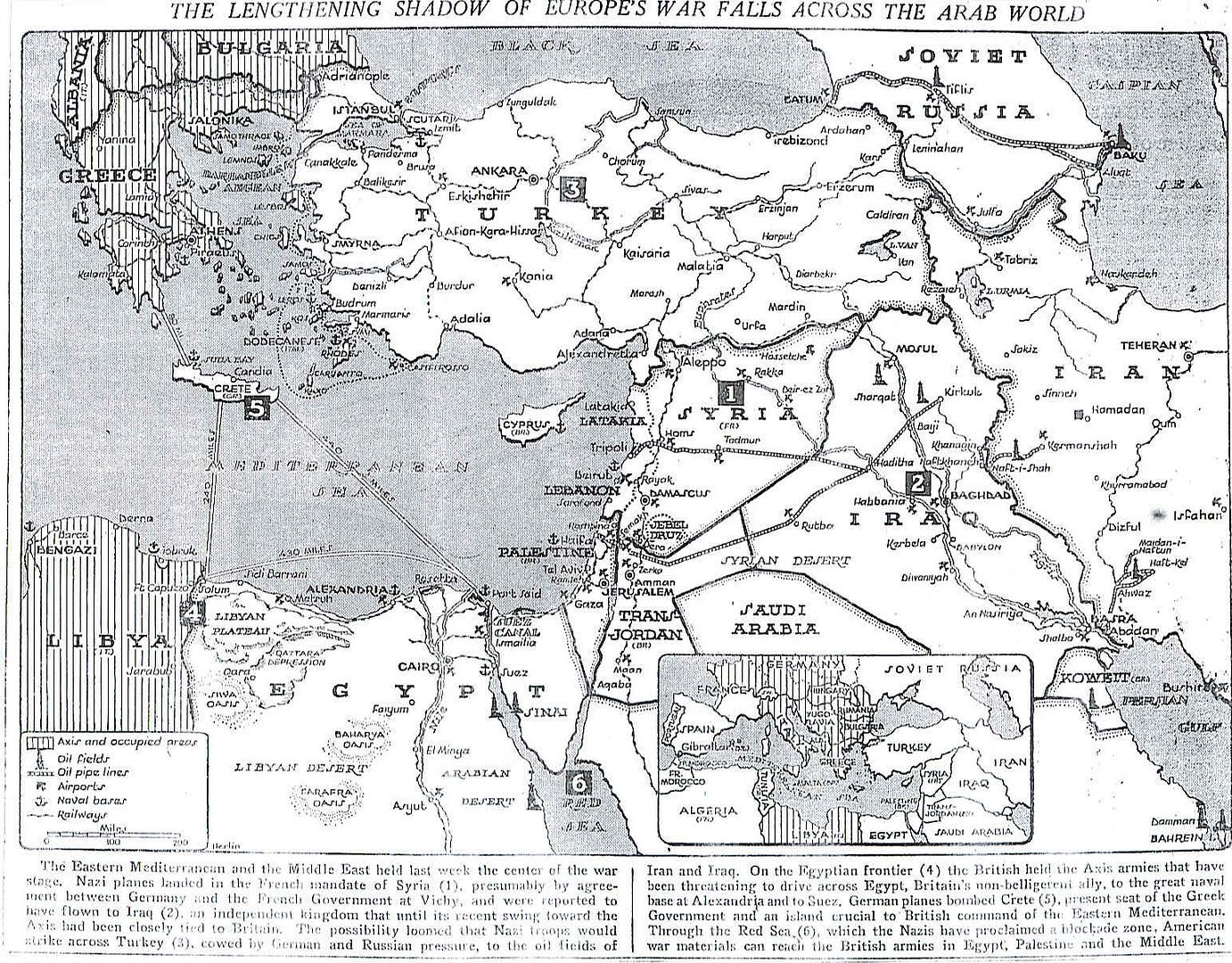
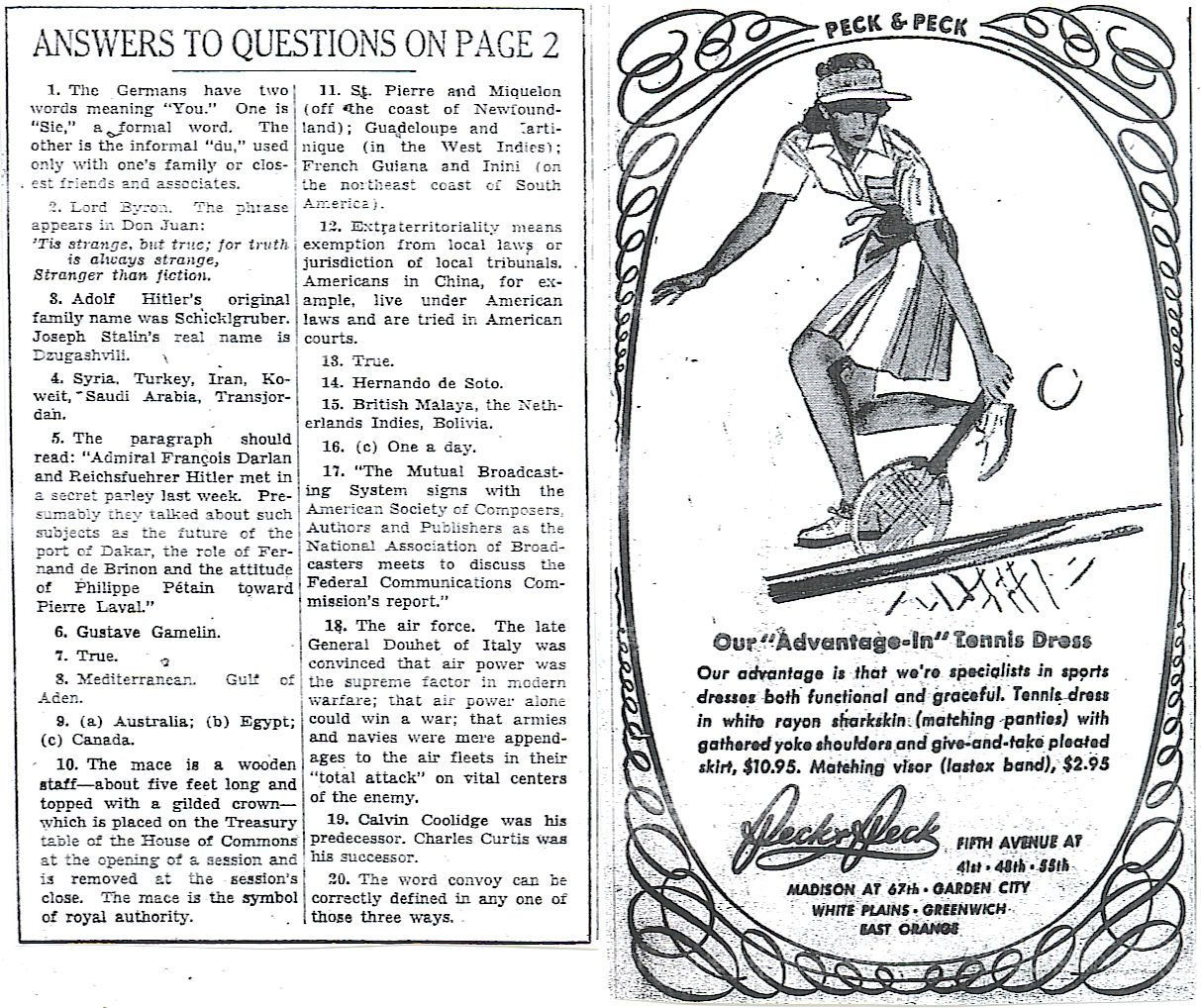
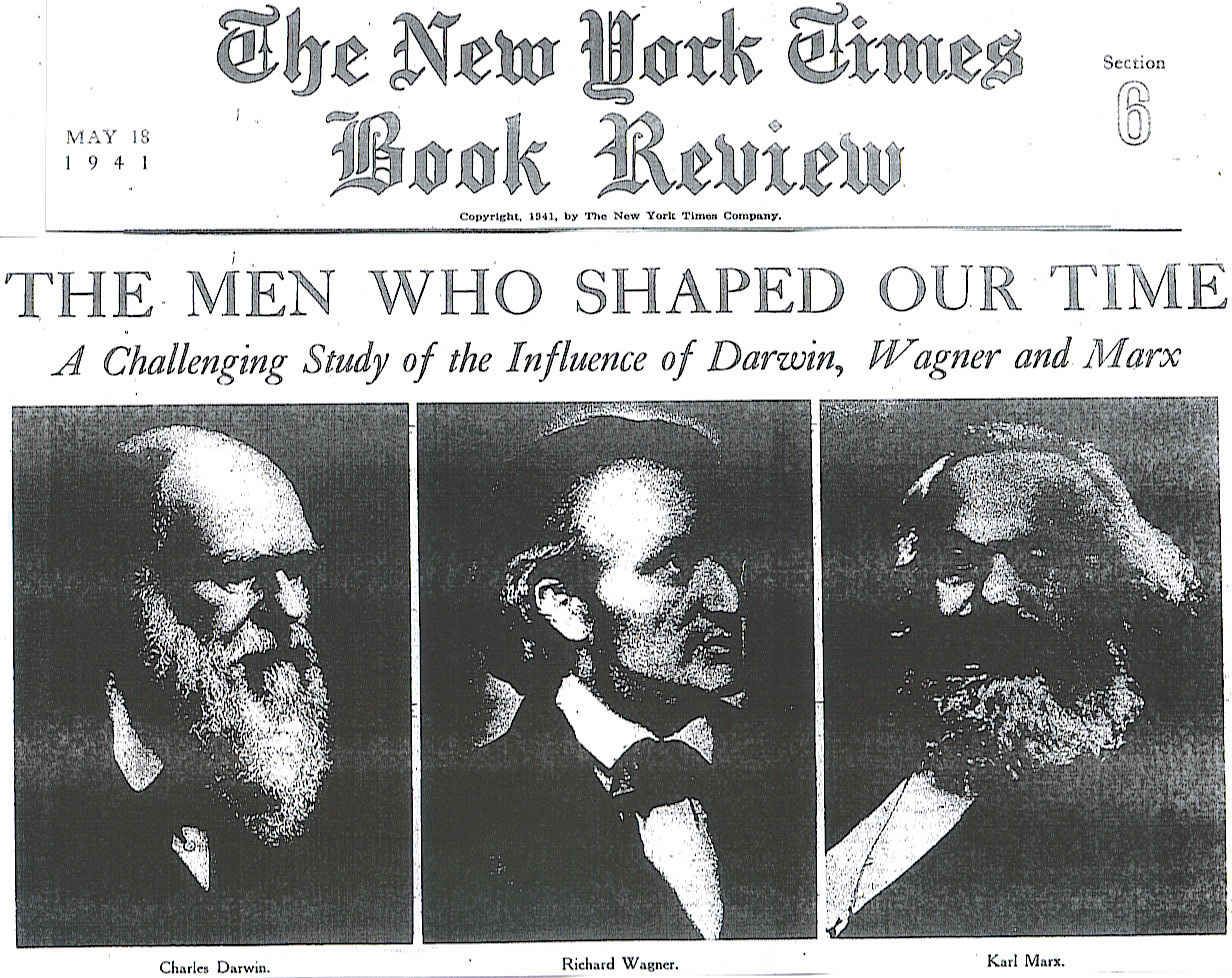
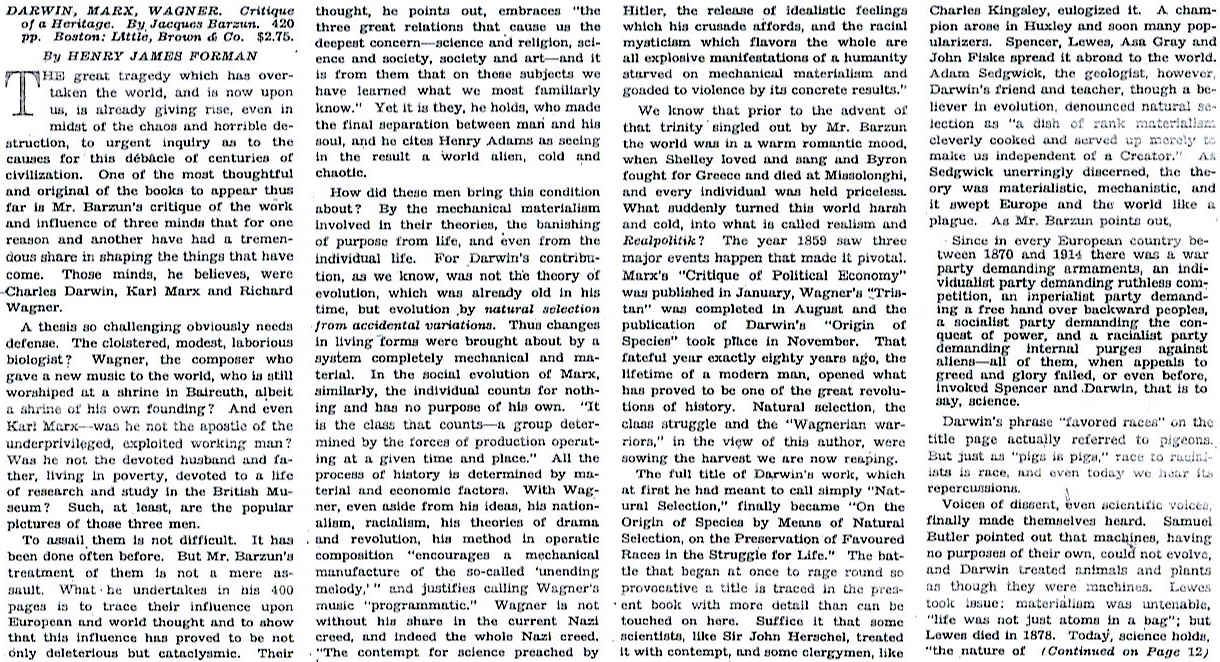
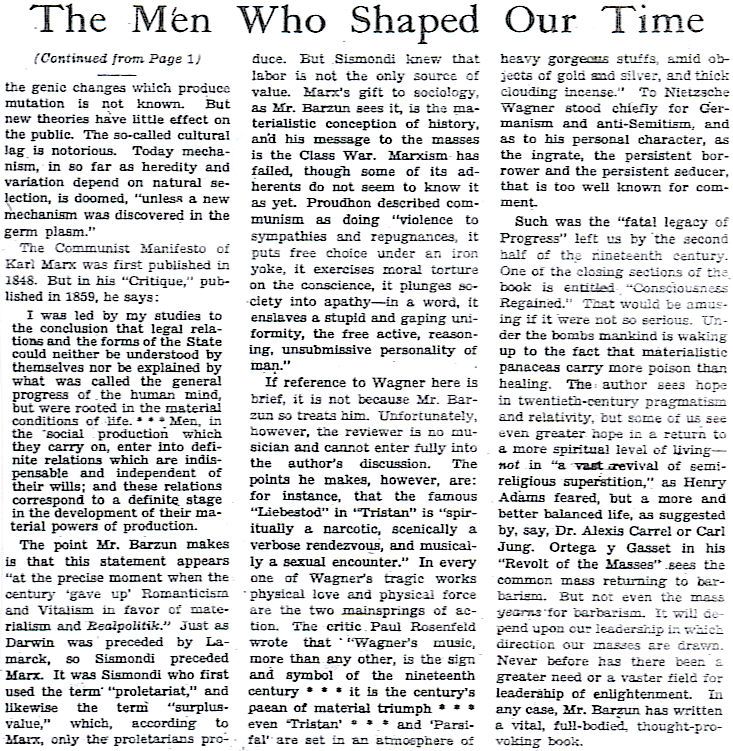
Gamble, Bruce. Darkest Hour: The True Story of Lark Force at Rabaul, Australia’s Worst Military Disaster of World War II. St. Paul, MN: Zenith Press, 2006. 270pp. ISBN 978-0-7603-2349-6.
“MORITURI VOS SALUTAMUS” – Gladiator’s hail to Caesar, “We who are about to die salute you”.
When one thinks of Rabaul during World War II, they often think of the Japanese fortress that dominated the north end of the island of New Britain. Fewer people realize that before the beginning of Japan’s expansion into the South Pacific, Rabaul was part of Australia’s “Northern Barrier” of defensive works. 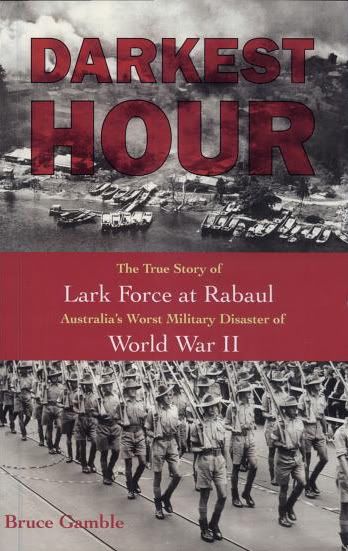 However, it would be a misnomer to say that Rabaul and the other defensive Australian positions were a force to be reckoned with. Manning the island of New Britain were approximately 1400 men of the 2/22nd Battalion designated Lark Force. This small force would face off against a Japanese landing force of over 5,000 troops supported by Vice Admiral Chuichi Nagumo and his 1st Air Fleet. Needless to say the fate of the men of the 2/22nd was sealed long before the first Japanese soldier set foot on the beach. These men on New Britain would all be locked in a desperate struggle for survival as the Japanese crushed their defensive positions. Most of them would not live to see the end of the war and many of those who did would carry the scars from their ordeal on this jungle island.
However, it would be a misnomer to say that Rabaul and the other defensive Australian positions were a force to be reckoned with. Manning the island of New Britain were approximately 1400 men of the 2/22nd Battalion designated Lark Force. This small force would face off against a Japanese landing force of over 5,000 troops supported by Vice Admiral Chuichi Nagumo and his 1st Air Fleet. Needless to say the fate of the men of the 2/22nd was sealed long before the first Japanese soldier set foot on the beach. These men on New Britain would all be locked in a desperate struggle for survival as the Japanese crushed their defensive positions. Most of them would not live to see the end of the war and many of those who did would carry the scars from their ordeal on this jungle island.
Bruce Gamble examines the plight of Lark Force and its supporting units in his book “Darkest Hour: The True Story of Lark Force at Rabaul, Australia’s Worst Military Disaster of World War II”. The stories that he relates are almost always tragic in nature. He begins by showing just how woefully inadequate the defenses of the island were. Gamble describes the two shore batteries that were all that protected Rabaul from invasion, both of them on the same hill one on top of the other. He describes the island’s air defenses that consisted of only two 3-inch anti-aircraft guns and one of the two had a crack in its breachblock. From air support consisting of too few and obsolete aircraft, to the two pounder anti-tank guns only supplied with solid steel shot, Gamble paints a picture of peril for these men as the Japanese approached them.
But the author is only getting started when describing the fighting condition of the 2/22nd. Once the Japanese landed and quickly overran the Australian defensive positions, the men of the 2/22nd were in a constant struggle just to survive. Gamble describes some of the atrocities committed by the Japanese as they took control of the island including the massacre of 160 Australians who surrendered on the Tol Plantation. Others escaped into the jungle only to be ravaged by malaria, beri beri, and the ever-present threat of starvation. In the end only 385 soldiers from New Britain and its neighboring defensive post on New Ireland would escape the Japanese and make it back to Australia. The rest would find themselves back in their old barracks at Rabaul which had been converted into a P.O.W. camp. But in the end most of these men would never see home again due to the cruelest twists of fate. Bruce Gamble makes mention of the worse tragedy to confront the men of the 2/22nd in his introduction and then revisits it in greater detail towards the end of his book. He describes the incident where the U.S. submarine Sturgeon sunk an unmarked maru while patrolling the South Pacific waters. Unbeknownst to them, on board that maru were over 1,000 prisoners from Rabaul being transferred to the island of Hainan. All of the enlisted men from the 2/22nd who had not escaped capture were aboard that ship.
This book is superbly written and very detailed as it recounts the individual events and stories that took place in the first months of 1942 on New Britain. Its focus on some of the individuals involved and following their story to their escape, or more often to their demise is gripping and heart wrenching. Bruce Gamble has done an excellent job in telling the story of Rabaul. The biggest fault with the book would have to be its citation. Gamble made the decision to print the book with only an abbreviated citation. This means that as far as looking at the source material he used in this book, there is often no entry for some of the data he has put out there. The author does point out, however, that there is a complete bibliography that can be provided separately from the book if desired. This makes this book difficult to use from an academic standpoint. It is clear by the use of the abbreviated citation, that the author is more focused on the entertainment value of the book than he is its academic relevance and for this reason, I would not recommend using this book as a scholarly resource unless you go through the trouble to obtain the full bibliography.
For the casual reader of history, I highly recommend this book. It will provide the reader with a unique aspect of the Second World War. This is one of those rare books that take the time to examine one of the lesser known aspects of the war. While there are many books that look at the major events of the conflict, there are too few out there that are like this one that take a minor story of the war and presents it in a way that is informative and interesting. This book is very hard to put down.
CougarGA7
I've (so far) re-read passages from 5 books concerning this part of Bismarck's cruise and can find nothing that even guesses as to why he didn't top-up.
I'm going to check a few other sources because until it was mentioned on this thread, I had no idea how critical that decision, or non-decision, was.
I'm really curious now.
Check back on Friday. (That is, the day after tomorrow. Not next Friday in 1941.) There will be another article about a "second Lawrence" named Major Glubb. I don't know why "Glubb of Arabia" didn't catch on like the original. Anyhow, it clearly didn't require David Lean and Peter O'Toole to put T.E. Lawrence on the map.
Here’s some enlightenment on the issue.
Battleship Bismarck: A Survivor’s Story
by Baron Burkard von Mullenheim-Rechberg
1980, U. S. Naval Institute, Annapolis, MD
Chapter 8 - Departure from Gotenhafen
pp. 75-76
“Liberty was cancelled as of noon May 17. Towards midday on the eighteenth the Bismark left the wharf at Gotenhafen... We did not put to sea immediately, however, but dropped anchor in the roadstead, in view of Gotenhafen. Great masses of provisions and fuel oil still had to be taken aboard. Although thousands of tons of fuel flowed into our bunkers, we could not fill them completely, because a hose ruptured, causing the fueling operation to be called off so that the mess could be cleaned up. By that time, our schedule forced provisioning to be brought to an end. The ship was not far short of being fueled to capacity, and no one then suspected how important this shortfall would become. The Bismark sailed at 0200 on 19 May.”
It wasn’t Lindemann’s call. It was Lutjens. It’s purely speculation on my part, but I believe there was no effort to refuel at Bergen because Lutjens had a tanker or two stashed off northern Norway, and he intended to use them [a practice he used during Operation BERLIN].
But a combination of being spotted at Bergen by British aircraft and the increasingly poor weather [a benefit from his point of view] probably led him to head straight [as it were] for the Denmark Strait with the belief he’d slip through [the German Navy had used the Strait as a super highway since the beginning of the war] and be able to refuel in the Atlantic.
From Wiki:
http://en.wikipedia.org/wiki/Fritz_Grobba Anglo Iraqi
WarOn 2 May 1941, after much tension between the Rashid Ali government and the British, the besieged forces at RAF Habbaniya under Air Vice-Marshal H. G. Smart launched pre-emptive air strikes against Iraqi forces throughout Iraq and the Anglo-Iraqi War began for real. On 3 May, German Foreign Minister Joachim von Ribbentrop persuaded Hitler that Dr. Fritz Grobba be secretly returned to Iraq to head up a diplomatic mission to channel support to the Rashid Ali regime. Grobba was to return under the alias "Franz Gehrke."[9] Grobba's mission was to be sent to Iraq along with a military mission commanded by the High Command in the Armed Forces (Oberkommando der Wehrmacht, or OKW). The military mission had the cover name "Special Staff F" (Sonderstab F) and it included Brandenburgers and a Luftwaffe component. Sonderstab F was commanded by General Hellmuth Felmy.[10] On 6 May, Luftwaffe Colonel Werner Junck received instructions in Berlin that he was to take a small force of aircraft to Iraq. While under Junck's tactical direction, the force was to be under the overall direction of Lieutenant General Hans Jeschonnek and was to be known as "Airplane Commander for Iraq" (Fliegerführer Irak). The aircraft of Fliegerführer Irak were to have Iraqi markings and they were to operate out of an air base in Mosul, some 240 miles north of Baghdad.[9] Also on 6 May, Grobba and his mission flew from Foggia to Rhodes in two Heinkel 111 bombers which were dubbed the "Führer Courrier Squadron."[11] The mission was accompanied by two Messerschmitt 110 fighters. On 9 May, they reached Aleppo in Vichy French-held Syria.[12] On 10 May, the mission reached Mosul and, after contactoing the Iraqi government, Grobba was told to come to Baghdad as soon as was possible.[11] On 11 May, they reached Baghdad.[12] On May 16, Grobba met in Baghdad with Colonel Junck, Rashid Ali, General Amin Zaki, Colonel Nur ed-Din Mahmud, and Mahmud Salman. The group agreed to a number of priorities for Fliegerführer Irak. The first priority was to prevent the British flying column Kingcol from relieving RAF Habbaniya. The second priority was for Iraqi ground forces to take Habbaniyah with air support provided by Fliegerführer Irak. An overall priority for the Germans was to provide the Royal Iraqi Army with a "spine straightening." Much of the RIrA was known to be terrified of bombing by British aircraft.[13] In the end, Fliegerführer Irak failed to make the impact envisioned by the Germans, RAF Habbaniya was not taken by the Iraqi ground forces, and whether or not the Germans stopped Kingcol did not matter. The air and ground forces at the besieged air base drove off the Iraqis before Kingcol arrived. On 7 May, RAF armoured cars confirmed that the Iraqis on the escarpment above the base were gone.[14] It was not until 18 May that Kingcol finally arrived to "relieve" Habbaniya.[15] By 22 May, British and Commonwealth ground forces advancing from Habbaniya took and held Fallujah for good. They then began the advance on Baghdad itself. On 28 May, Grobba sent a panicked message from Baghdad reporting that the British were close to the city with more than one-hundred tanks. By then, Junck had no serviceable Messerschmitt 110 fighters and only two Heinkel 111 bombers with just four bombs between them.[16] Late on 29 May, Rashid Ali, several of his key supporters, and the German military mission fled under cover of darkness. On 30 May, Grobba himself fled Baghdad.[13] Grobba's escape took him through Mosul and then through Vichy French-held Syria. A British flying column commanded by Major R. E. S. Gooch and nicknamed Gocol was created to pursue and capture Grobba. To accomplish this, Gocol first made its way to Mosul and arrived there 3 June. The column then drove west and illegally entered French territory just prior to the commencement of the Syria-Lebanon Campaign. During the week following 7 June Gocol made every effort to capture Grobba. The column entered Al-Qamishli in Syria fully expecting to capture him there. But they were disappointed to find that Grobba had already been there and had already gone.[17] In the end, Gocol failed in its mission and Grobba successfully escaped to Nazi occupied Europe. [edit] German occupied EuropeIn February 1942, Grobba was named foreign ministry plenipotentiary for the Arab States, a job that entailed liaison between the Nazi German government and Arab exiles in Berlin, like Mohammad Amin al-Husayni. In December 1942, Grobba was named to the Paris branch of the German archives commission. He held this post until his brief return to the foreign ministry in April 1944. In June 1944, Grobba was officially retired from the foreign ministry. However, he continued to work there until the end of the year. In 1945, Grobba worked briefly in the economics department of the government of Saxony, in Dresden. At the end of the war, Grobba was captured and was kept in Soviet captivity until 1955.
Another question is who is Heinz Pol, who wrote the piece? This is the first and only listing for the guy on my index by authors.
Here is a review of four books on the Fall of France in 1942 written by Heinz Pol for the Virginia Quarterly Review of Literature
https://www.vqronline.org/articles/1942/winter/pol-last-time/
Hmmm...Virginia is home to the Pentagon and wartime intelligence services...
Here is a book review in the NY Times of a book by Pol
http://select.nytimes.com/gst/abstract.html?res=F60715F83954107B93C1A9178BD95F478485F9
German Menace; THE HIDDEN ENEMY: THE GERMAN THREAT TO POSTWAR PEACE. By Heinz Pol. 275 pp. New York: Julian Messner, Inc. $3.
.By GEORGE N. SHUSTER ();
October 03, 1943,
, Section Book Review, Page BR12, Column , words
[ DISPLAYING ABSTRACT ]
MR. POL’S “hidden enemy” is the Pan-German movement, which he believes to have been a sort of brain trust which led the German Army and the German people into the wars of 1914 and 1939. A great deal has been written about Hasse, Klass and the other authors of the theory that Germans, being a superior people, were entitled to rule through conquest.
Thanks for doing the shovel work. So Pol was evidently based in the U.S., whatever his nationality and background. At least by 1942. I wonder how he came to such current knowledge about murky affairs in the middle east. Too bad the Times doesn’t normally insert brief bios in articles by guest writers.
Here we go:
The German version of Wiki translated:
http://de.wikipedia.org/wiki/Heinz_Pol
Heinz Pol (born Heinz Pollack, * January 6 1901 in Berlin , † October 13th 1972 in New Milford / Connecticut ) was a German journalist , writer and film critic.
Pol distinguished himself as an independent leftist critics time. He was “the first film critics of the Voss newspaper, which he saw as the possibility of political influence as well. End of the 20 years he was an author of political novels also show time. From 1924 to 1933 he was with Charlotte Aron Charlotte Beradt later married.
After the rise of the Nazis, he sat down in June 1933 after Prague. There he was from January 1934 to July 1935 chief editor of the satirical magazine Simplicissimus and staff of the New World Stage. In June 1934, took pole with nine percent of the publisher of the New World Stage, where he was also rumored ambitions on the editorship of the paper. Because the cover of the magazine failed, he sold his share in November 1935.
Because of the increasing Soviet influence in 1936 ended his editorial Pol activity in Prague. He emigrated to Paris, where he worked for the Press and especially Mitropress regularly for the exiled German newspaper , the Paris daily newspaper wrote [1] .
Interned in 1939, he fled to New York in May 1940. In the U.S., he wrote articles for numerous magazines including The Nation , The New York Times and The New York Herald Tribune. Pol has also published books in which he criticized the Nazis violently.
He continued his journalistic activities continued after the end of World War II. Pol wrote for numerous European and German newspapers like the Frankfurter Rundschau and the Neue Ruhr Zeitung .
Disclaimer: Opinions posted on Free Republic are those of the individual posters and do not necessarily represent the opinion of Free Republic or its management. All materials posted herein are protected by copyright law and the exemption for fair use of copyrighted works.